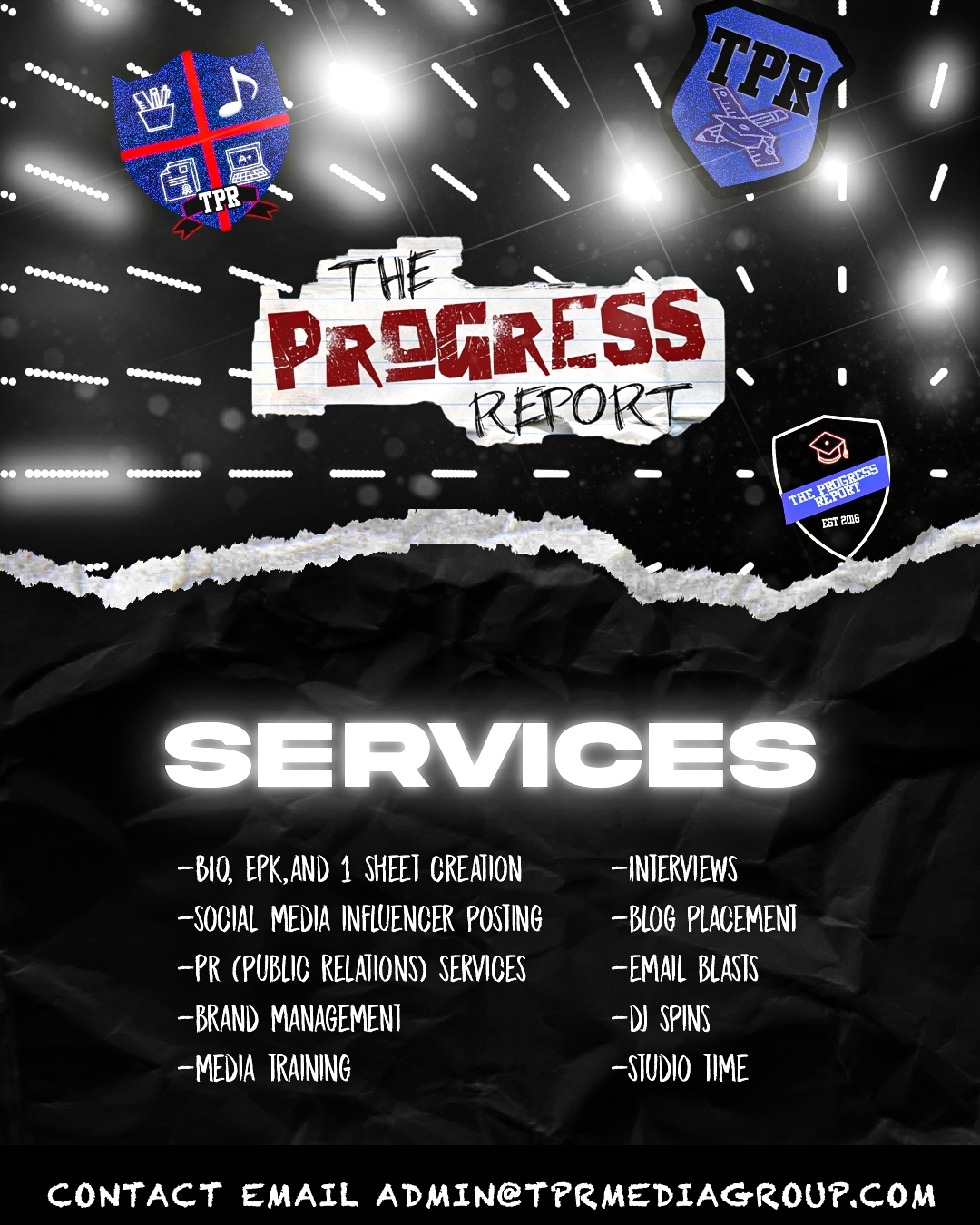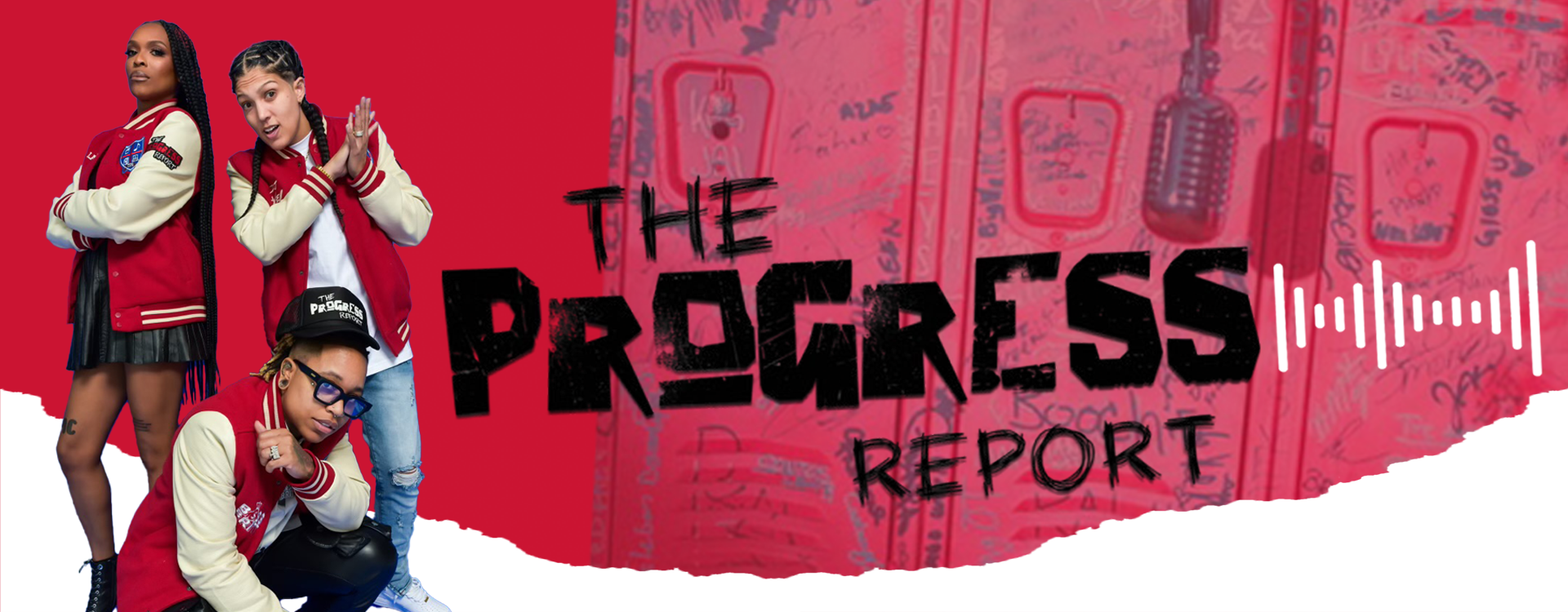Racism and Homophobia in Mississippi: A Story of Sexual Violence, Mental Abuse, and Systemic Neglect


Exposing Mississippi’s Failures: A Survivor’s Battle Against Sexual Violence and Discrimination
Mississippi stands at the crossroads of deep-seated racism, homophobia, and systemic failure—a reflection of a broader national conversation. This editorial shines a light on the harrowing experience of one survivor, Shannon Dill, highlighting the trauma, abuse, and discrimination she endured within systems that should have protected her.
Shannon Dill’s Story of Betrayal
Shannon Dill’s experience underscores the gravity of systemic injustice. She recounts waking up to a nightmare: sexually assaulted by Chaz Coleman, who exploited her vulnerability while she was blacked out. He recorded the assault for his own keepsake, further dehumanizing her. When Shannon sought justice, she was met with indifference. Reports were mishandled, evidence was dismissed, and state authorities failed to act.
Despite reporting the assault to the Pentagon and state officials, Shannon received no justice. The case was buried under bureaucratic negligence, with officials retiring or ignoring her pleas for accountability. This indifference compounded her trauma, leaving her feeling voiceless and abandoned.

Mental Health Services: A Breach of Trust
When Shannon sought mental health support, therapy became another battlefield. A therapist at the Jackson VA Medical Center, Sharon Sherinian, allegedly interrogated her in a menacing manner, disregarding her trauma. Instead of offering compassion, Sherinian broke protocol, worsening Shannon’s pain.
In other instances, systemic racism and homophobia further poisoned the therapeutic process. As a Black LGBTQIA+ woman, Shannon faced dismissive and prejudiced treatment. Therapists made inappropriate comments, fostered hostile environments, and neglected the professional boundaries essential for healing.
Military Betrayal and Systemic Racism
Shannon’s military service added another layer of betrayal. Despite her dedication, the Mississippi Army National Guard became complicit in covering up the assault and perpetuating mental abuse. From forcing alcohol consumption while deployed to enabling a culture of unchecked racism, the institution failed its Black and LGBTQIA+ service members.
Shannon describes systemic failures within the military, including biased promotions, falsified physical fitness records, and a double standard in disciplinary actions. Black service members were disproportionately punished, while white colleagues faced minimal repercussions for comparable offenses.
A Culture of Silence and Suppression
Mississippi’s institutions have cultivated a culture of silence around racism and sexual violence. Survivors like Shannon are sent to facilities run by individuals who perpetuate the same abuses they seek to escape. Racist attitudes dominate these environments, isolating Black individuals and forcing them to assimilate into hostile spaces.
Attempts to speak out are met with retaliation. Shannon alleges that state officials, including Governor Tate Reeves, actively suppressed her voice. Reeves even appropriated her creative work—a campaign video addressing veteran suicides—without acknowledgment or permission. Such actions demonstrate a callous disregard for Black voices and contributions.
A Call to Action
Shannon’s story is not just an individual account; it is a microcosm of systemic injustice in Mississippi. It demands immediate action:
- Accountability for Perpetrators
Law enforcement and military institutions must investigate allegations of sexual assault, racism, and abuse with urgency and transparency. Perpetrators must face consequences, regardless of rank or position. - Reform in Mental Health Services
Therapists and counselors must receive mandatory training in LGBTQIA+ and racial sensitivity to ensure equitable care. Survivors deserve trauma-informed support, free from prejudice or hostility. - Educational Initiatives
Implement African American and Women’s Studies in schools to foster understanding and dismantle systemic racism. Education is a powerful tool for change. - Legislative Oversight
State and federal authorities must enforce anti-discrimination laws and hold institutions accountable for failing to protect marginalized communities. - Support for Survivors
Establish safe spaces for survivors of sexual assault and systemic abuse. These spaces should be inclusive, supportive, and free from the biases of the broader system.
Mississippi has failed Shannon Dill and countless others in its Black and LGBTQIA+ communities for too long. It is time for survivors’ voices to be amplified and for their demands to be met with concrete action. The road to justice is long, but change begins with acknowledgment, accountability, and a collective commitment to dismantling systemic oppression.
LEARN MORE:
Resources and Additional Information
- Book: Colors of Blue Shades of Black on Amazon
- Book: Colors of Blue Shades of Black on Barnes & Noble
- Music: DaphoDILL on Spotify
Social Links:





Comments
0 comments







